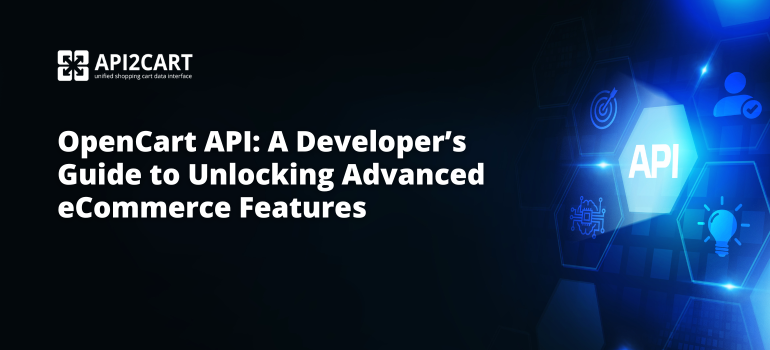
Hardly anyone will today marvel at being able to see what the weather holds for the next weekend, book a nice hotel room for an upcoming holiday, or even buy a pair of flip-flops by using their phone.
Not only browsing the web but also running a business mobile is no longer a wonder. Creating mobile apps for online shops and marketplaces is a trend retailers have been heavily pursuing in recent years. They wanted to build a platform where users could download and interact with on their smartphones. Though with overloaded app market, the app creating process had slowed down, as most customers aren't comfortable downloading apps for every store they buy from.
All in all, mobile users regularly use only 5 apps, where social media and messaging platforms are the ultimate leaders. Generally, people spend more time on Social Media, but when it comes to monthly active users - Messaging apps are the new boss in the house. Against this background, using, let’s say, Facebook Messenger for online stores` support seems to be a great option - thousands of people are already using this platform and have it on their mobile devices. eCommerce chatbots followed the trend and have settled on existing messaging platforms.

Source: BI Insider
What are Chatbots?
Chatbots are the computer programs which can communicate, or be more precise - imitate communication. They are programmed to answer common questions, help users to find products they’re looking for, give tips, suggest options or take orders. Chatbots are used in many industries by small and large companies, including Facebook, Apple, Telegram, Slack, Uber, Bank of America, HealthTap, Sephora, United Parcel Service.
There are some of the chatbot types:
Siri and Cortana in iOS and Android devices;
Weather bot;
News bot;
Scheduling bot;
Personal finance bot;
Life advice bot.
Chatbots in eCommerce
Chatbots are gaining utter popularity in eCommerce, as they open new business opportunities, save time, money and improve the shopping experience. Chatbots in eCommerce help to handle communication with customers for eCommerce companies and simulate the shopping experience buyers get with real consultants, as chatbots make search and navigating processes much easier.
Another reason why chatbots are beneficial for eCommerce owners is reducing support costs. They reply promptly to the standard consumer's requests and provide 24/7 support which makes it possible to reduce the number of phones or chat operators.
United Parcel Service (UPS), an American company specialized in express delivery and logistics, is a vivid example of a company that successfully and profitably leverages artificial intelligence technologies. It uses chatbots based on Facebook Messengers, Skype, and Amazon platforms. With the help of simple phrases, UPS customers can get prompt voice responses in English. Also, the company has a virtual assistant on their website, which uses natural, understandable language to help customers keep track of their packages and get answers to regular questions.
Integration with Shopping Carts
To enter the eCommerce market, chatbots need to integrate with shopping carts - platforms that online stores are built on. The more, the better. Once the chatbot system is integrated with shopping carts, it can work with all of the stores based on this platform. The more shopping carts chatbots application support, the more clients it may have.
API2Cart is a solution for multiple shopping cart integration: it provides the unified API that makes it possible to get connected to 60+ shopping carts at once.
So, if you are interested in integrating your chatbot with multiple shopping carts you’re in the right place. Just schedule a consultation with our representative or make an account to see how API2Cart would work for your business.



